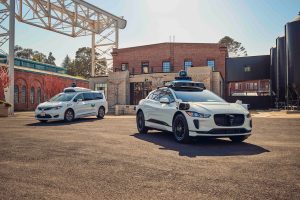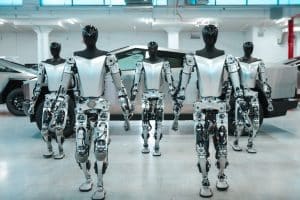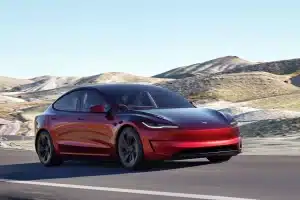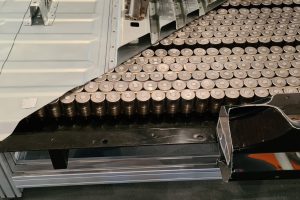South Korean automaker Hyundai Motor Company is considering manufacturing electric vehicles compatible with Tesla’s North America Charging Standard (NACS).
Ford and General Motors—two out of three of the top carmakers in the United States—announced a few weeks ago that they would incorporate Tesla NACS into future battery electric vehicle designs. The legacy automakers’ use of Tesla NACS sparked a wave of support for Tesla’s charging port design.
Hyundai recently held a 2023 CEO Investor Day in Seoul, South Korea. During the event, Hyundai discussed its vision for mid-to-long-term business strategies and financial plans. Hyundai President Jaehoon Chang stated that the company is considering the shift to Tesla NACS, but it still needs to determine if the switch would be in the customers’ best interest.
The automaker’s main concern is that Hyundai’s electric vehicles might charge faster at other charging stations than Tesla Supercharger stalls. As Reuters pointed out, Hyundai’s electric cars—like the Ionic 5—use 800-volt electrical architecture, while Tesla Supercharger stalls operate at a lower voltage resulting in slower charging times. Chang added that Hyundai plans to consult with Tesla to see if Hyundai vehicles could charge faster at its Supercharger stations.
The Asian automaker wants to focus on accelerating its transition to a smart mobility solution provider, delving into businesses like autonomous driving, hydrogen, robotics, and advanced air mobility (AAM).
The company plans to invest KRW 109.4 trillion ($85 billion) over the next 10 years to accomplish its goals. It initiated the Hyundai Motor Way strategy to transition into an electric vehicle manufacturer. Hyundai plans to invest KRW 35.8 trillion
($27 billion) of the KRW 109.4 trillion ($85 billion) towards its electrification efforts.





